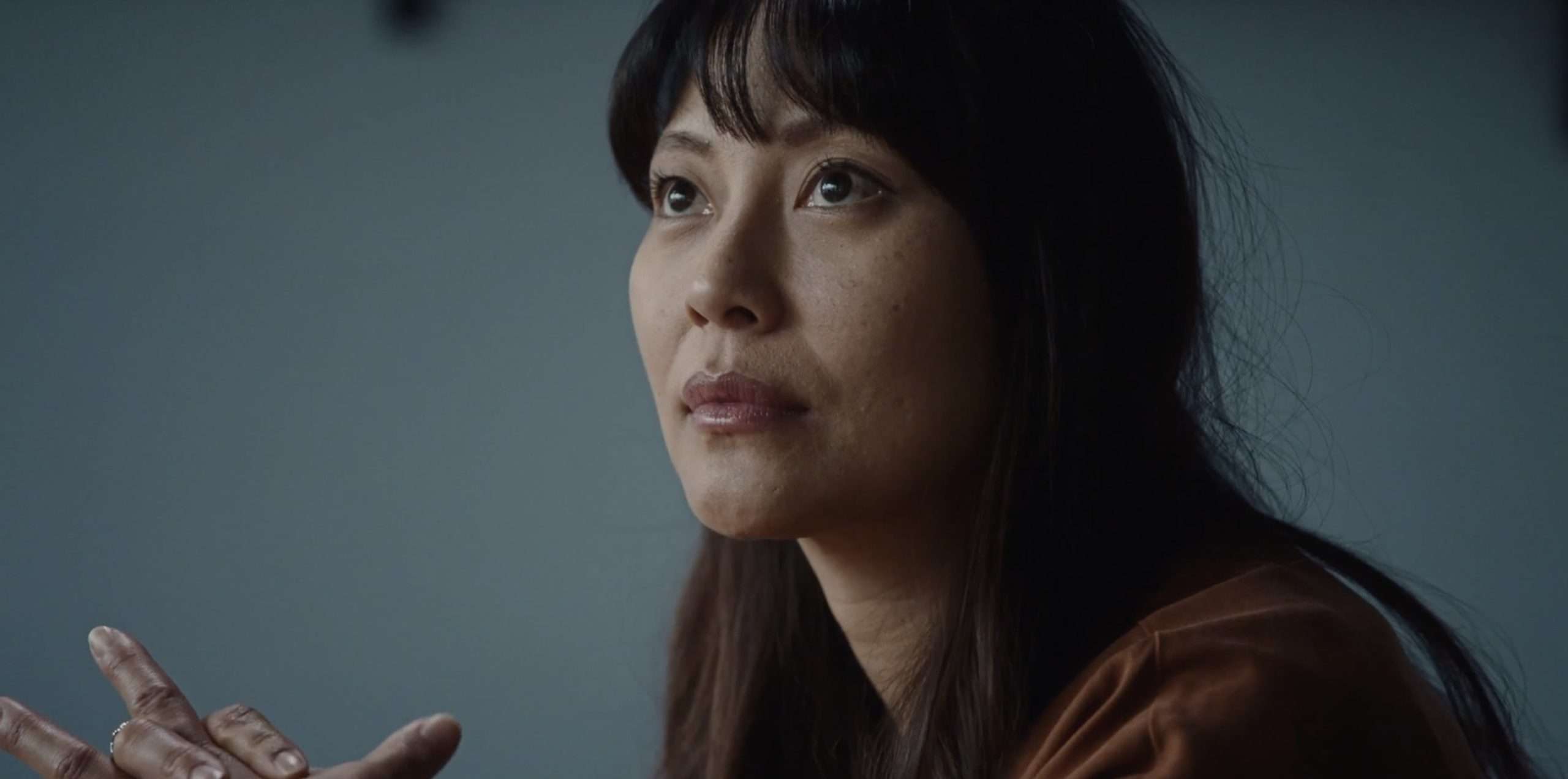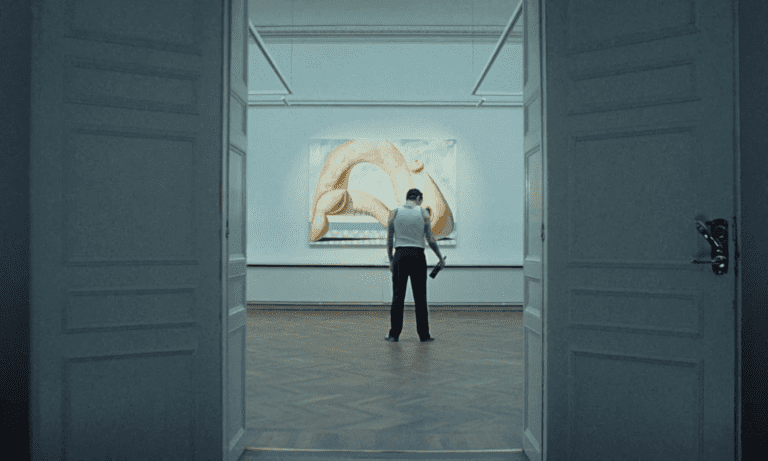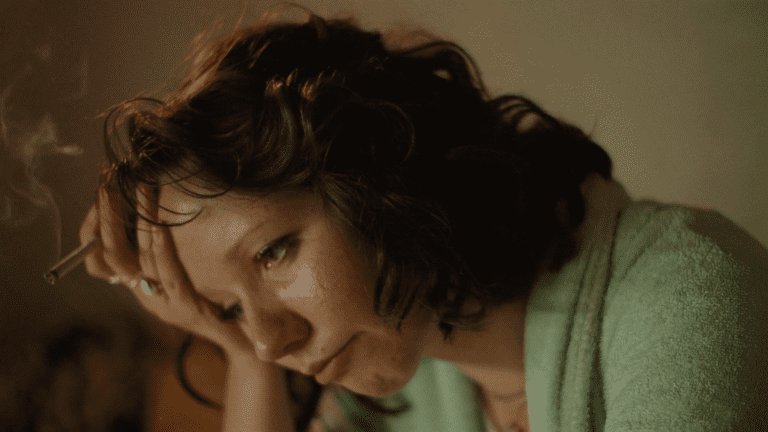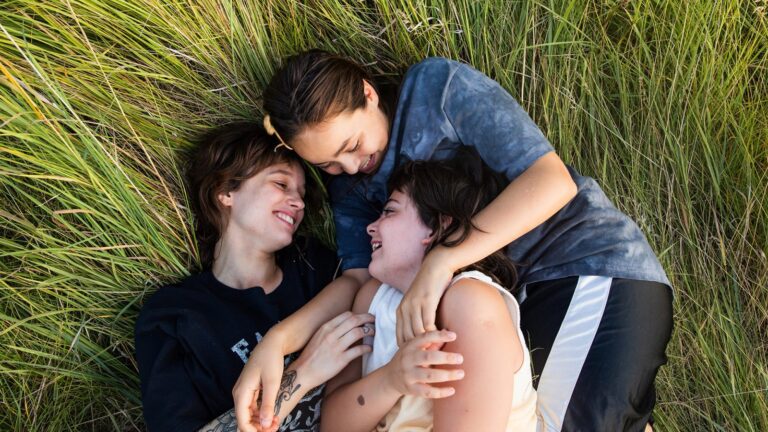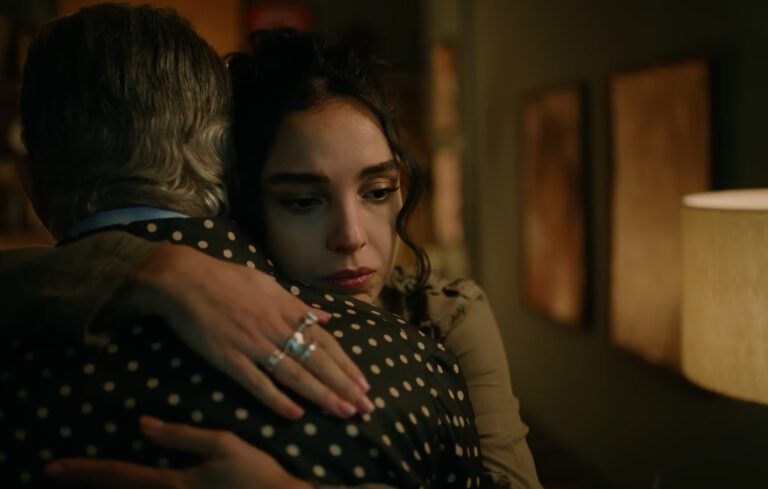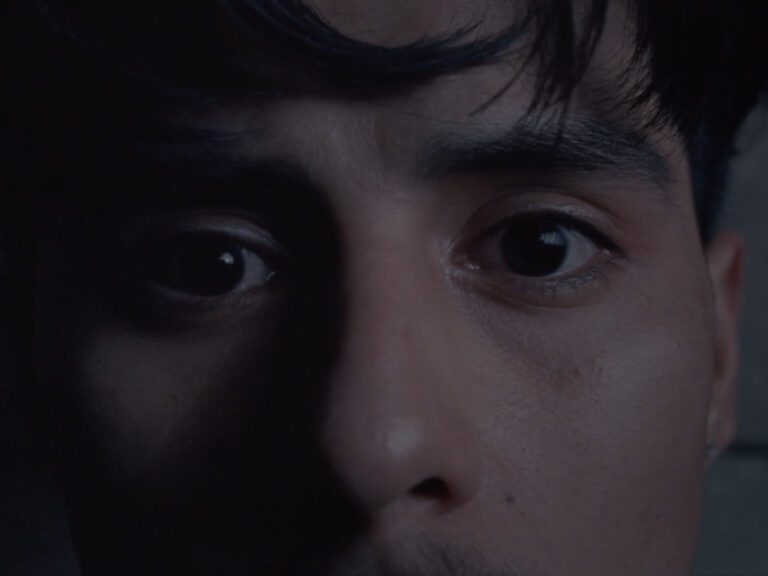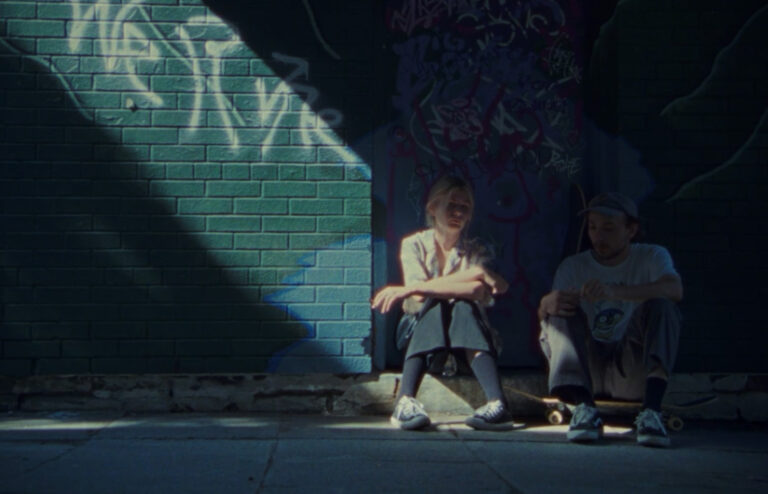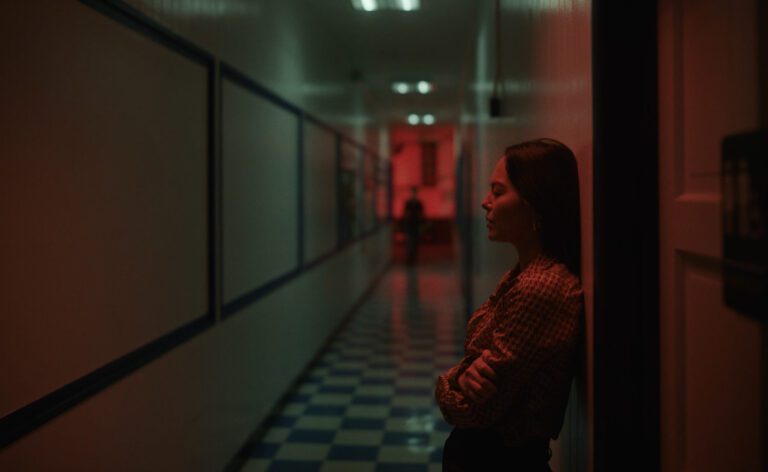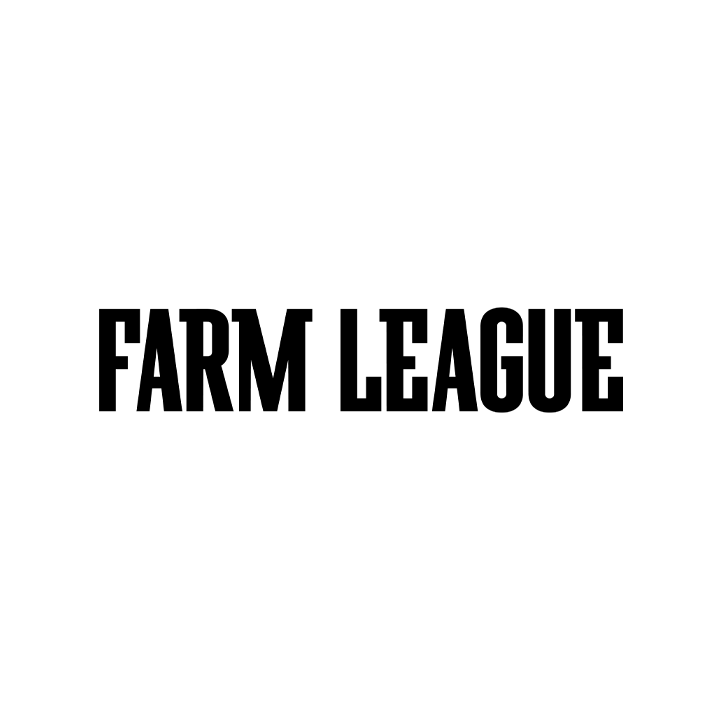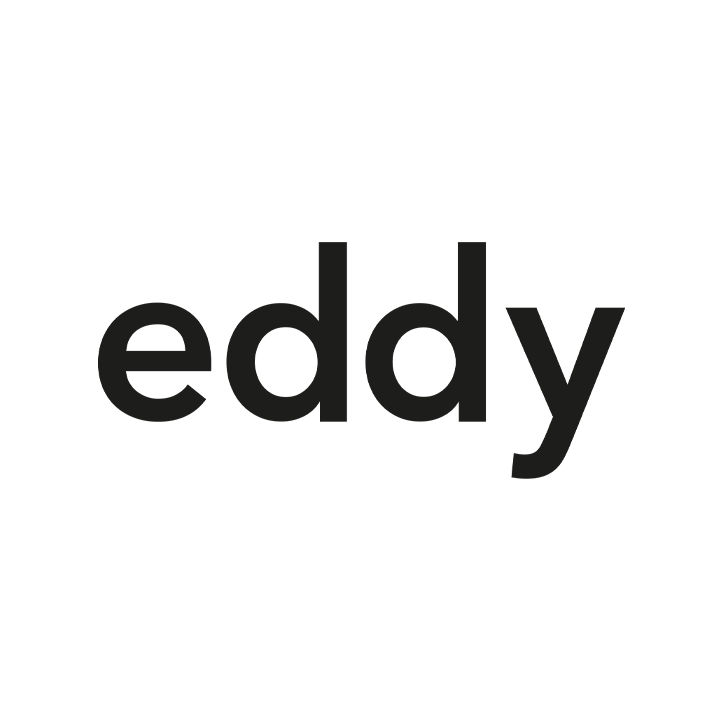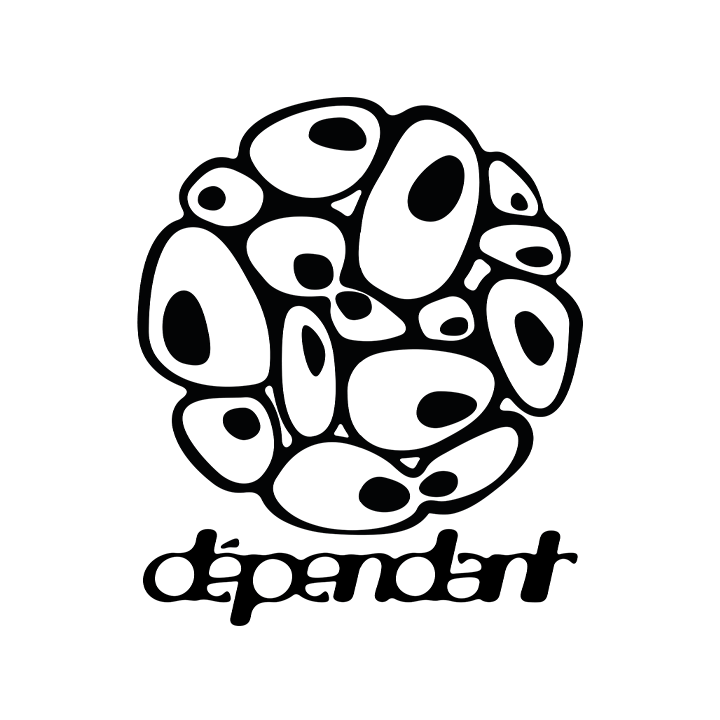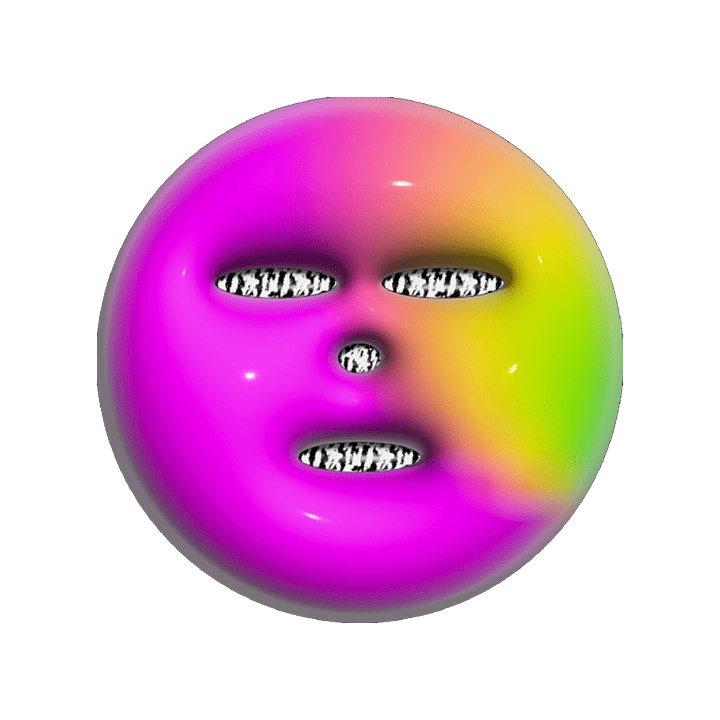Suggested Terms
Director
Location
Format
Festival
Agency
Production Company
Record Label
Award
Country
- Sweden
December 2020
Simon Pontén and Joakim Behrman direct ‘The Owl’.
The mood in a teacher’s lounge changes when the reason behind one teachers nickname is brought to light.
Country
- Sweden
Credits
-
Director
-
Director
-
Producer
Sergej Israel
-
Director of Photography
Albin Sjödin →
-
Composer
Charlie Bernardo
